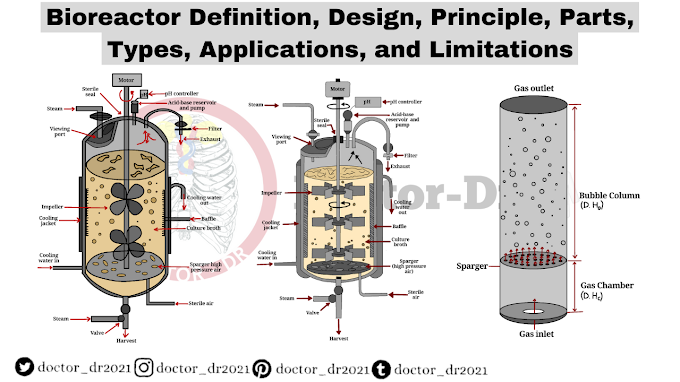Summary:
A groundbreaking study on hemp microbiomes offers insights into using nature to enhance plant growth, reducing reliance on chemical fertilizers and pesticides. Hemp, valued for its diverse applications, could see improved CBD production and fiber quality through microbial optimization.
Full Story:
Hemp’s versatility has made it increasingly popular worldwide, with CBD-rich varieties driving pharmaceutical advancements and fiber-rich types revolutionizing industries like textiles. Researchers at the University of Houston have conducted a comprehensive study on hemp’s microbiomes, uncovering how beneficial microbes can improve growth, resilience, and valuable compound production in hemp plants. Published in the journal Nature, the research lays the groundwork for more sustainable farming practices.Led by Abdul Latif Khan, assistant professor of biotechnology at the Cullen College of Engineering Technology Division, the study focused on microbiome communities in the rhizosphere (root zone) and phyllosphere (leaf surface) of four hemp genotypes. The team explored how these microbial communities differ between hemp grown for CBD production and fiber.
Key Findings:
- Microbial diversity varied significantly across plant tissues (soil, root, leaf, stem) and between CBD- and fiber-producing hemp varieties.
- Roots and soil harbored higher bacterial diversity, while leaves and stems showed increased fungal diversity.
- Fiber hemp varieties had an abundance of beneficial bacteria like Sphingomonas, Pseudomonas, and Bacillus.
- CBD-producing hemp exhibited higher levels of Microbacterium and Rhizobium bacteria and fungi like Penicillium and Nigrospora.
- Fiber hemp was associated with fungi such as Alternaria and Gibberella.
“Each hemp genotype hosts a unique microbial community that influences its growth, nutrient uptake, stress tolerance, and production of compounds like CBD,” said Khan. “This study highlights the potential of harnessing these microorganisms for sustainable farming.”
Potential Impact on Farming:
The findings suggest that optimizing microbial communities in hemp could boost CBD yields and improve fiber quality without relying on chemical inputs. This eco-friendly approach could transform agricultural practices by promoting natural resilience and productivity in hemp crops.Collaborating Researchers:
The study was conducted in partnership with Venkatesh Balan, UH associate professor of biotechnology, and Aruna Weerasooriya and Ram Ray, professors from Prairie View A&M University specializing in medicinal plants and agronomy, respectively.This pioneering research brings us closer to a future where nature itself drives agricultural innovation, paving the way for more sustainable and efficient farming methods.
Reference:
Waqar Ahmad, Lauryn Coffman, Ram L. Ray, Venkatesh Balan, Aruna Weerasooriya, Abdul Latif Khan. Microbiome diversity and variations in industrial hemp genotypes. Scientific Reports, 2024; 14 (1) DOI: 10.1038/s41598-024-79192-7








